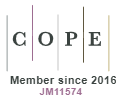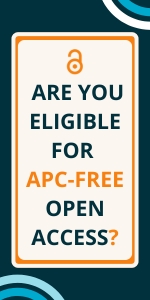IB24103Understanding the NDIS experience: a qualitative study on participant perspectives
The National Disability Insurance Scheme plays a critical role in the lives of Australians with disability, aiming to enhance choice, control, and self-determination. This study found that while participants valued the opportunities enabled by their National Disability Insurance Scheme funding, they often felt frustrated by the system’s complexities and inequities, leading to a loss of trust. The importance of supportive interpersonal relationships, or ‘allies’, to successfully navigate the National Disability Insurance Scheme was also emphasised.
IB24103 Abstract | IB24103 Full Text | IB24103PDF (540 KB) Open Access Article






